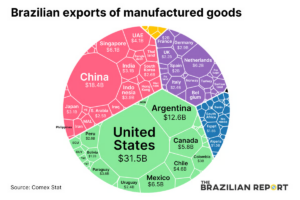A guest piece by Susannah Patton, The Lowy Institute
Briefly: The winners of Thailand’s recent elections are already mired in bickering and infighting. This suggests that, after nearly a decade of military rule, the road to forming a stable and democratic government might be even bumpier than expected.
The two winning parties, Move Forward and Pheu Thai, need to stick together if they want to form a government without relying on conservative parties from the outgoing administration.
Stay on top of your world from inside your inbox.
Subscribe for free today and receive way much more insights.
Trusted by 134,000+ subscribers
No spam. No noise. Unsubscribe any time.
But they’re now divided on who gets the powerful role of the house speaker. And this bodes poorly for their ability to cooperate, which could increase the risk that Move Forward’s Pita Limjaroenrat fails to become prime minister, despite winning the most seats.
Susannah Patton’s take: Exiled former prime minister Thaksin Shinawatra still controls the Pheu Thai party, and his decision will be key. He could ditch the upstart Move Forward party and form a coalition with military-aligned parties, but the risk is he’d never win another election again – these parties are deeply unpopular.
Also worth noting:
- Thailand’s constitution allows a lengthy delay of up to three months between the election and the new government forming, leaving plenty of time for the country’s powerful conservative forces to undermine the election results.
- Intrigue’s note: Susannah previously served as a diplomat in Thailand and is one of our favourite gurus on Southeast Asia. To get her latest insights on the region, be sure to follow Susannah on Twitter, and check out some of her work at The Lowy Institute.








